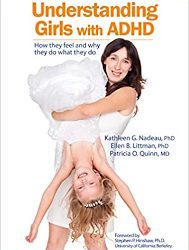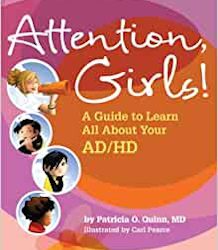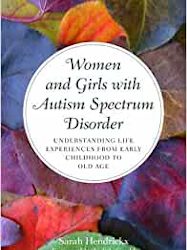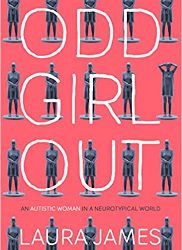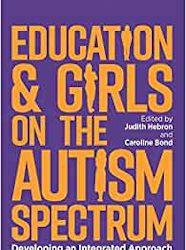The North Lincolnshire Neurodevelopmental Pathway Team are aware of gender difference in the presentation of both Autism and Attention Deficit Hyperactivity Disorder and account for this within our assessments.
Autism Presentation
More commonly known as the female profile, the internalised profile of Autism is based on evidence that has demonstrated that ‘girls’ are more aware of social expectations, can be more socially motivated, have a desire for friendships, alongside having more active imaginations and more socially acceptable interests.
In short they can appear more socially competent as they can mirror, copy or imitate the skills of peers.
This social camouflage however takes a significant effort on social energy and whilst they can often mask their differences and difficulties within school – and sometimes when in the community – they then can have what parents describe as angry outbursts, meltdowns, shutdowns at home.
Put simply Social Energy is the amount of energy a person has to focus, be social, manage and respond to demands in the environment.
For Further Information
WATCH: Alis Rowe – The girl with the Curly Hair
Scottish Autism is an organisation dedicated to enabling autistic people to lead happy, healthy and fulfilling lives. Visit their website for more information about girls on the spectrum.
The National Autistic Society is the UK’s largest provider of specialist autism services where you can also find more information.
Recommended Reading
We have had a number of parents and clinicians who have shared and recommended books that can be read by parents and children.
Book Loan Scheme
Parent and Professional Consultation – You told us how beneficial it has been to read books related to Autism and Attention Deficit Hyperactivity Disorder with your child, siblings and other family members. We listened and have introduced a book loan scheme to support families who are unable to purchase or locate these books. Ask your CAMHS worker for more information.
Attention Deficit Hyperactivity Disorder Presentation
Evidence suggests that boys with Attention Deficit Hyperactivity Disorder usually show externalised symptoms, such as physical hyperactivity and impassivity, where-as girls with Attention Deficit Hyperactivity Disorder, tend to show internalised symptoms. These symptoms include inattentiveness – appearing not to listen, day dreaming, trouble focusing and low self-esteem and have more difficulties in regulating their emotions.
Boys tend to be more physically aggressive, while girls tend to be more verbally aggressive.
This can mean that girls are overlooked and under-referred for assessment.
Attention Deficit Hyperactivity Disorder in girls: how to recognise the symptoms
WATCH: Attention Deficit Hyperactivity Disorder in girls: how to recognise the symptoms
